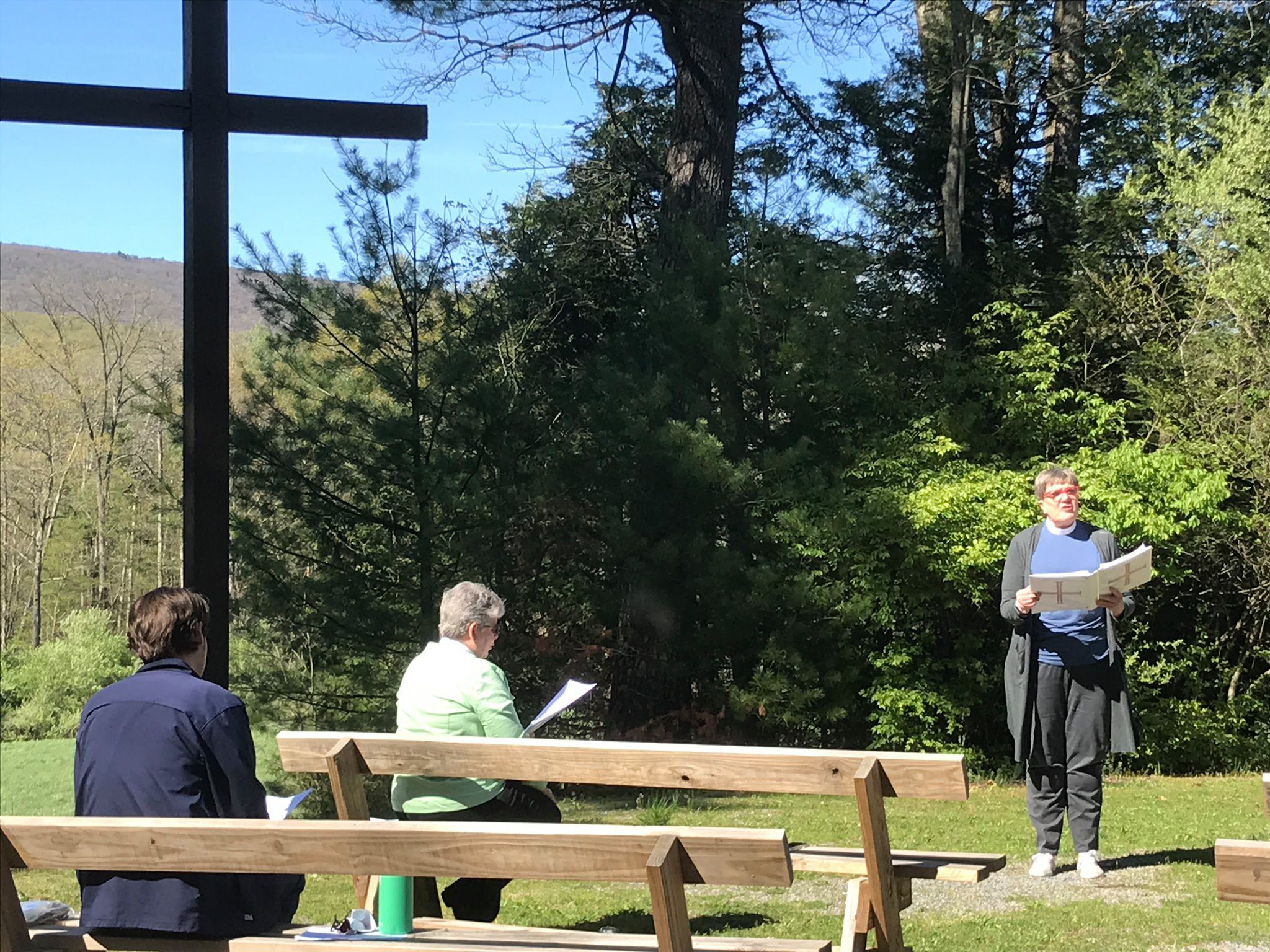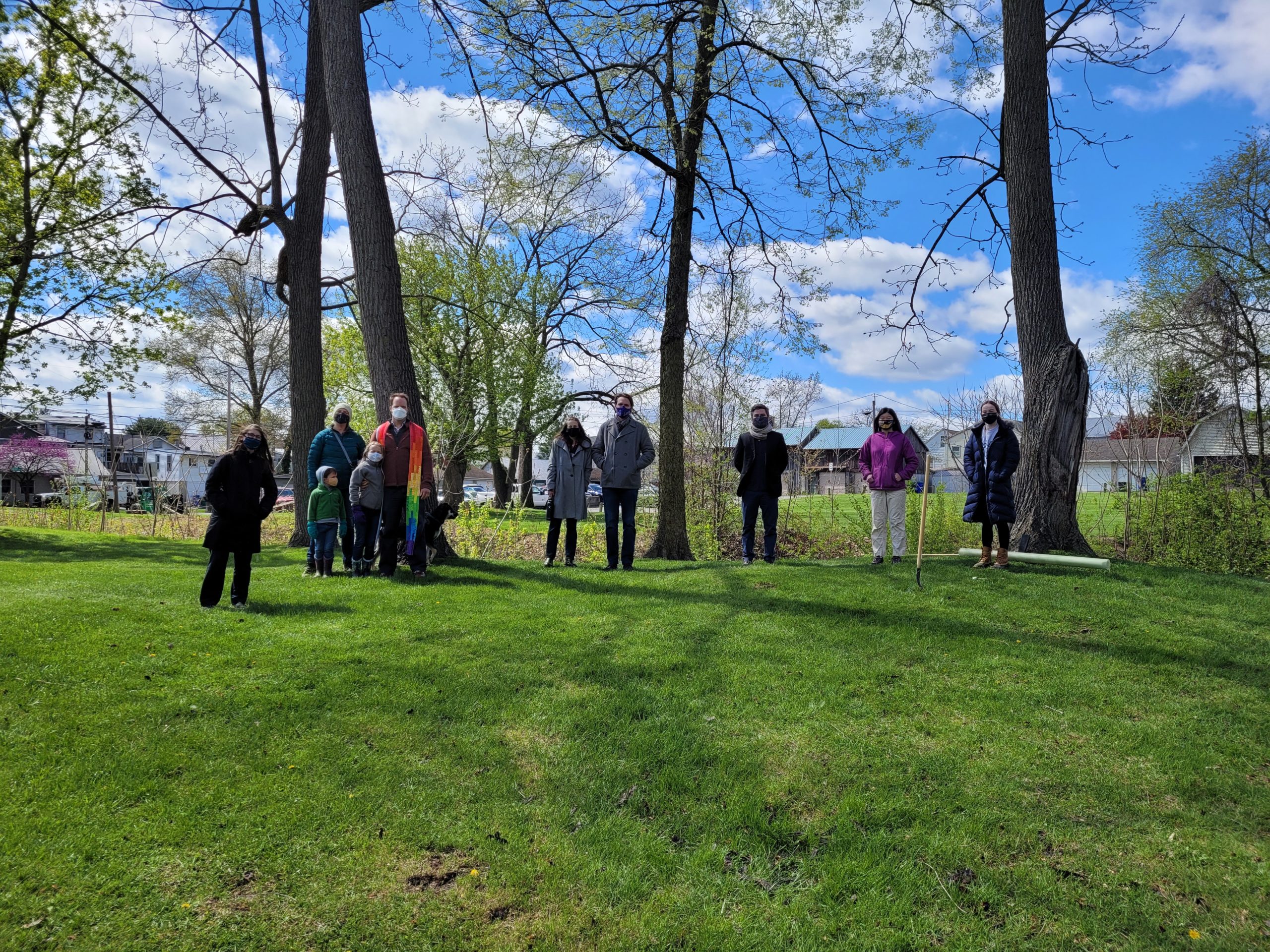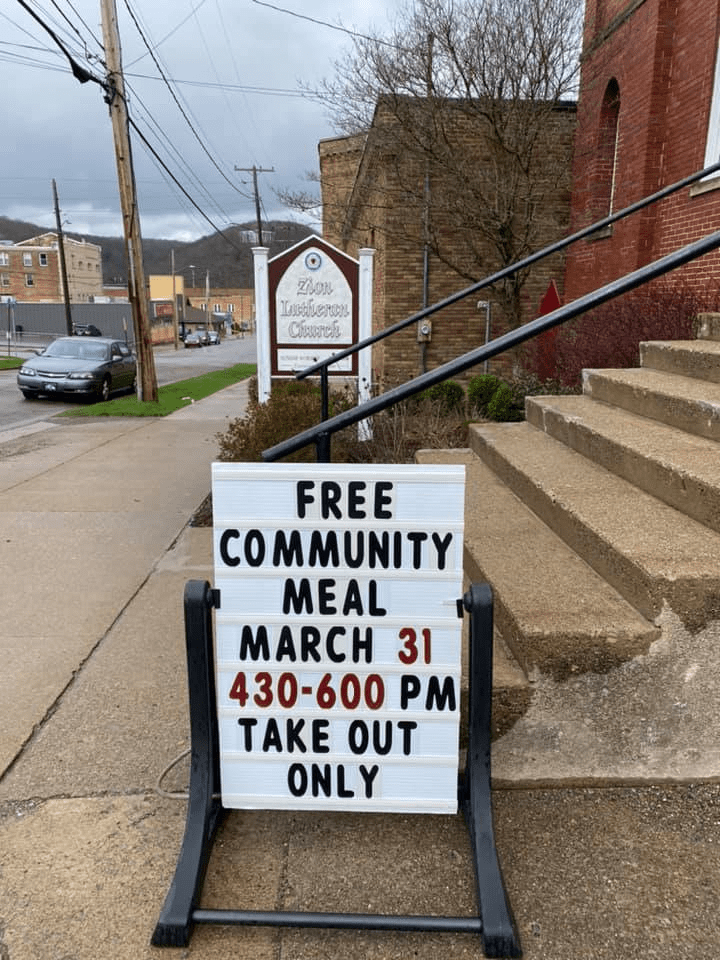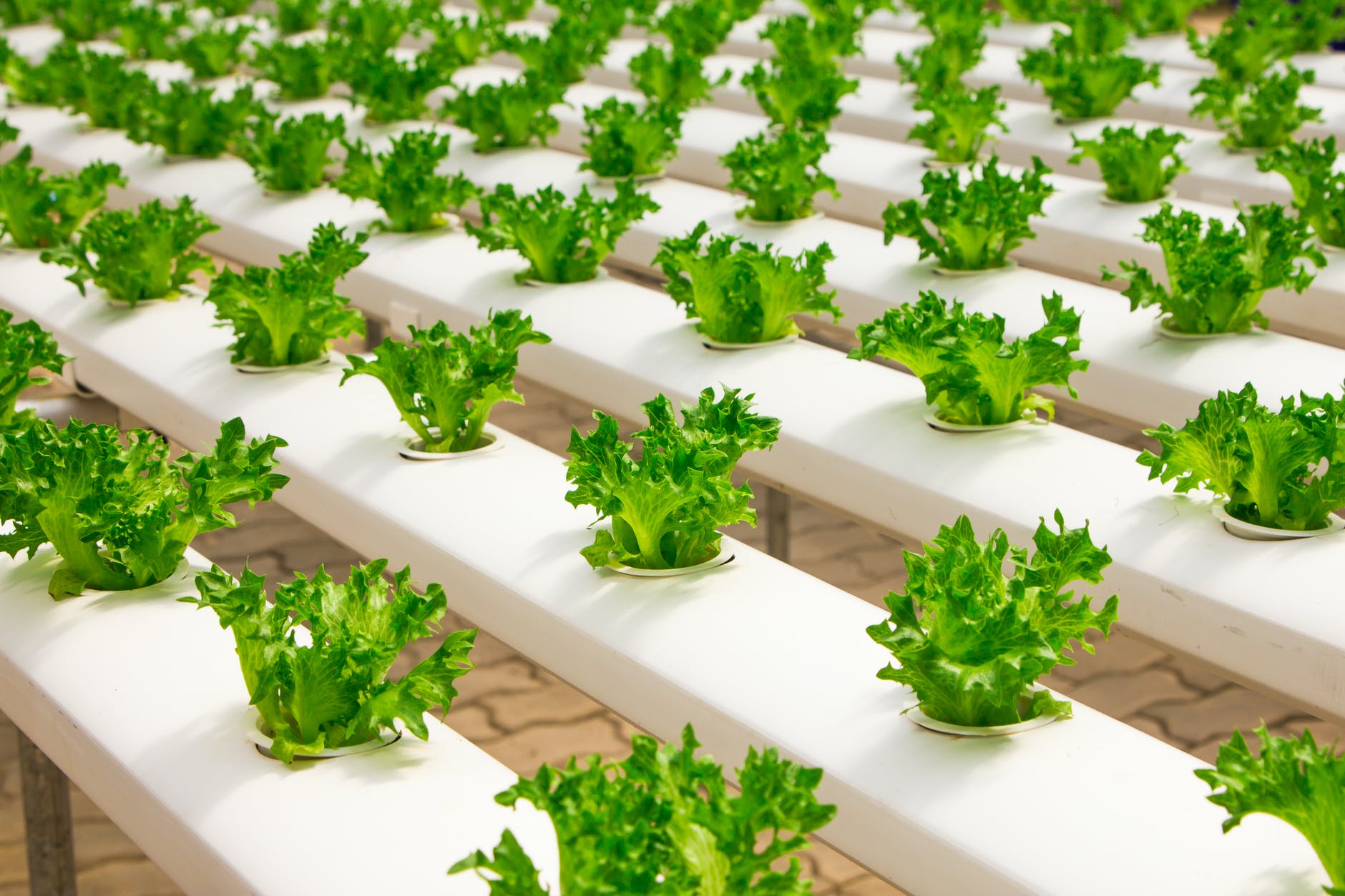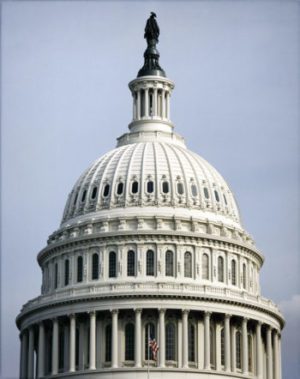Pennsylvania Seminary and Synods Mark Rogation
“Lord, let me heart be good soil.” - ELW, Hymn 512 Across Pennsylvania synods and seminary campuses have been marking the season of rogation. “Rogation days” are a historic way of connecting Christian faith to soil. As the ELCA resource “What are Rogation Days?” explains, they were celebrated during the fifty days of Easter on the Monday, Tuesday, and
LAMPa Staff Participate in Creation Care Events
On Thursday, April 22nd, Pennsylvania Interfaith Power and Light (PA IPL) hosted an Interfaith Prayer Vigil for Earth Day in Lewisburg. Larry Herrold, Jr., LAMPa’s Hunger Advocacy Fellow, attended the event with several other leaders in the central Susquehanna Valley faith community, offering prayers to mark the occasion. The event was held in conjunction with Lewisburg
LWF and ELCA Affirm Outcome of Leaders Summit on Climate
Urgent climate action, increased ambition needed (LWI) - In a joint statement, The Lutheran World Federation (LWF) and the Evangelical Lutheran Church in America (ELCA) have affirmed the outcomes of the Leaders Summit on Climate as “a step in the right direction.” The summit was convened online on the initiative
NWPA Congregations Innovate in Hunger Ministry to Care for Creation
Just as congregations innovated with worship, learning and service in response to COVID, Northwestern Pennsylvania Synod’s Green Team is encouraging innovation in creation care as we emerge transformed from the pandemic. The Good Hope/Zion Lutheran congregations of Oil City are leading by example. A Thrivent Action Team grant allowed them
Bishop Eaton Issues Statement for Earth Day
Earth Day statement from Bishop Eaton 4/13/2021 1:05:00 PM O Lord, how manifold are your works! In wisdom you have made them all; the earth is full of your creatures. —Psalm 104:24 Throughout Scripture, God promises to restore God's people to health and wholeness, a promise that includes the renewal of all creation. This promise
New PASA Report Details Soil Health on PA Farms
Luke 8: 15 : 15 But as for that in the good soil, these are the ones who, when they hear the word, hold it fast in an honest and good heart, and bear fruit with patient endurance. The health of the soil is a central theme in the Gospel, especially reflected in
New Report Reveals Extent of Microplastic Pollution in PA Waterways
Plastic pollution is everywhere. A report released today by PennEnvironment Research and Policy Center found that in the 53 Pennsylvania waterways tested, covering the entirety of the commonwealth, all of them returned evidence of microplastic pollution. These findings underscore the severity of the plastic crisis in our communities and ecosystems. The sampling of Pennsylvania’s waterways
PA Department of Agriculture Urban Agriculture Grants Available
On February 26th Pennsylvania Department of Agriculture Secretary Russell Redding announced the opening of the 2020-21 PA Farm Bill’s $500,000 Urban Agriculture Grant Program to address food deserts in urban areas through the expansion of agricultural infrastructure. The program has the added intention of creating opportunities for hands-on learning and
ELCA 2021 federal policy priorities for advocacy action
Posted on January 22, 2021 by ELCA Advocacy “With the start of the 117th Congress and a new administration, and as the devastating COVID-19 pandemic influences our lives and shapes our concerns, we face pressing need for national policy action. Yet even with changes, as Christians in the world our
Join LAMPa Seminary Intern for Weekly Compline
Join LAMPa United Lutheran Seminary (ULS) Intern Margaret (Meg) Folkemer for a weekly Compline Service. Since early pandemic days, Meg has been leading a compline or night prayer service every Wednesday evening live on Facebook with her family. According to Meg, "we started it as a simple way to



